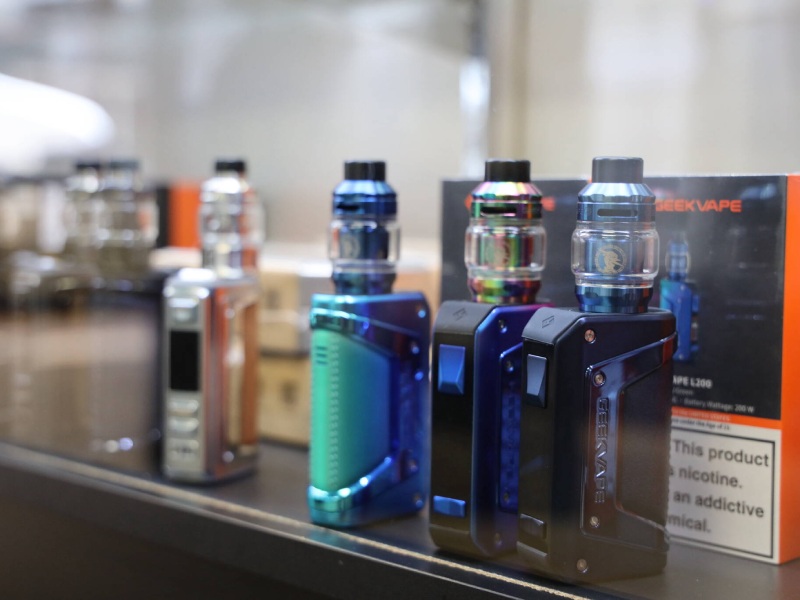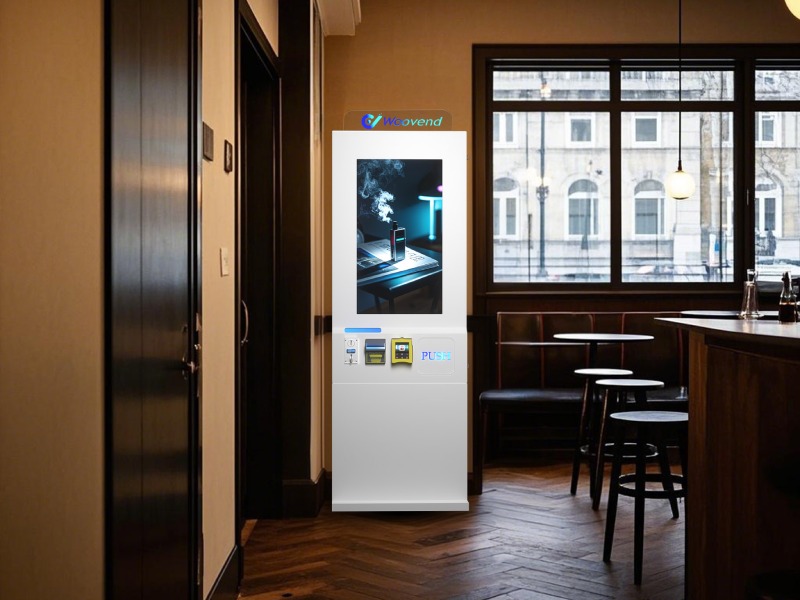When I first learned about Alaska’s e-cigarette vending machine rules, I was surprised by how strict they are. It’s not just about putting up a machine and letting it run. Alaska has implemented strict laws to protect minors and regulate businesses, ensuring safety and compliance. Let’s explore what these regulations mean for business owners, consumers, and the broader vaping industry.
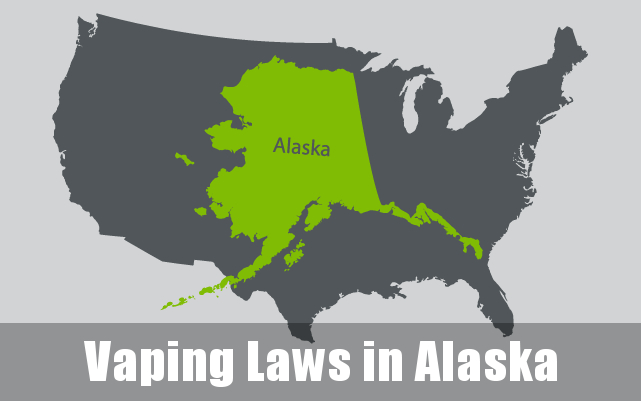
Overview of E-Cigarette Vending Machine Regulations in Alaska
Alaska’s regulations on e-cigarette vending machines aim to strike a balance between public health and business interests. The primary focus is on preventing youth access to electronic cigarettes. For example, machines should only be in age-restricted places, like bars or clubs. They do not allow people under 21 there.
I spoke with a local business owner, Sarah, who runs a bar in Anchorage. She told me, “These regulations ensure that we are part of the solution when it comes to protecting minors. It’s a bit of extra work, but it’s worth it.”
Unlike federal guidelines, Alaska takes things a step further by requiring advanced age-verification systems. These systems prevent the purchase of e-cigarettes without proper identification, adding an additional layer of safety.
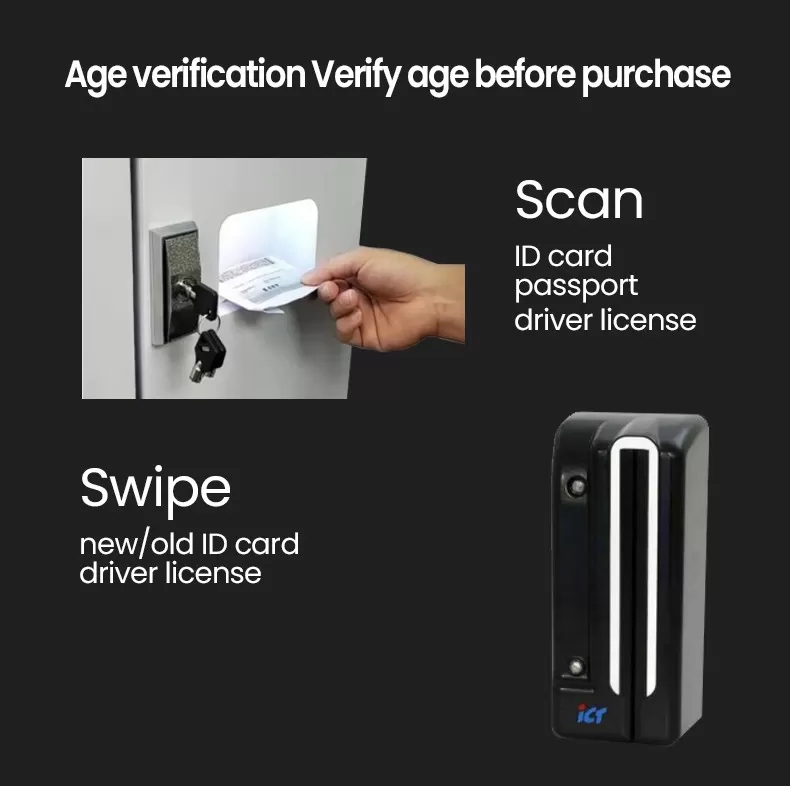
Age-Verification Requirements for Vending Machines
The cornerstone of Alaska’s e-cigarette vending machine regulations is the age-verification system. Machines must have technology that can verify a customer’s age before they complete any purchase. This isn’t just a suggestion; it’s a legal requirement.
I had a chance to test one of these machines at a local event. The process is straightforward but thorough. The system scans an ID and cross-checks it with a database to ensure the buyer meets the legal age requirement. These safeguards are particularly effective in preventing underage sales.
According to John, an expert in vending machine technology, “The latest age-verification systems are incredibly advanced. They spot fake IDs and ensure that rules are followed. This makes it very hard for minors to get these products.
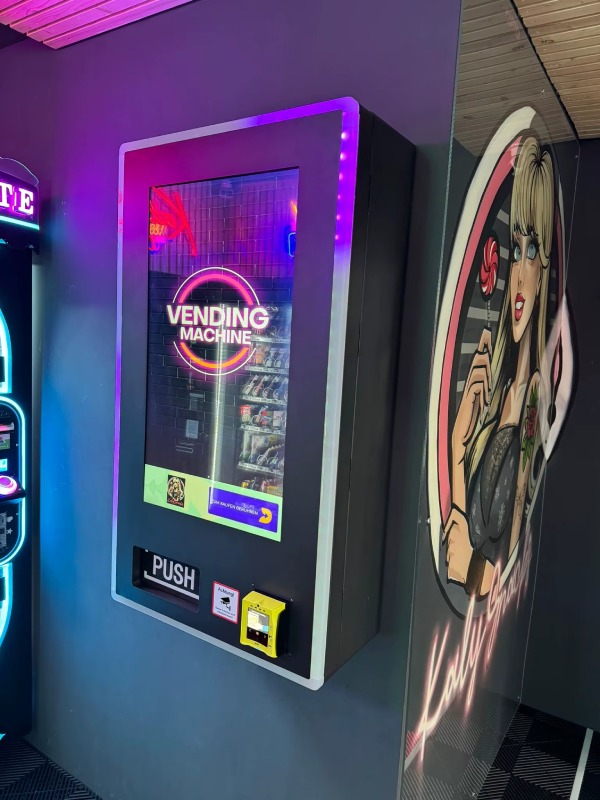
Restrictions on Placement of E-Cigarette Vending Machines
Another key aspect of the regulations is the placement of vending machines. In Alaska, e-cigarette vending machines cannot be in public places where kids can go. This includes schools, parks, and shopping malls. Instead, they can only go to places like bars, nightclubs, and age-restricted venues.
Sarah, the bar owner I mentioned earlier, explained how this rule impacts her business. “We’ve had to carefully consider where to place the machine. It’s not just about compliance; it’s about sending the right message to our community.”
Businesses must also adhere to signage rules. The signs must clearly display warnings that indicate the machine is for adult use only. This ensures transparency and accountability.
Compliance Guidelines for Businesses
For businesses operating e-cigarette vending machines, the regulations go beyond age verification and placement. Operators must obtain the necessary licenses and keep detailed records of all transactions. Regular inspections by regulatory authorities ensure ongoing compliance.
Penalties for violations can be severe, ranging from hefty fines to the suspension of business licenses. John shared a story about a business that faced penalties for not maintaining proper records. “It’s a wake-up call for everyone. You can’t cut corners with these regulations.”
| Requirement | Description |
|---|---|
| Business License | Operators must obtain a valid Alaska state business license, specifically for selling tobacco or e-cigarette products. |
| Tobacco Endorsement | Businesses must apply for a tobacco endorsement, which allows the sale of tobacco and related products, including e-cigarettes. |
| Age Verification Technology | Vending machines must be equipped with an age-verification system to ensure compliance with the legal purchasing age (21+). |
| Machine Placement Restrictions | Machines must be placed in age-restricted areas, such as bars or nightclubs, where individuals under 21 are not allowed. |
| Signage Requirements | Clear signage must be displayed on vending machines, indicating that the products are for adults only (21+). |
| Compliance with Federal Law | Operators must comply with the Family Smoking Prevention and Tobacco Control Act, which regulates the sale and advertising of e-cigarettes. |
| Record-Keeping | Operators are required to maintain detailed sales records for inspections and compliance checks. |
| Regular Inspections | Businesses must allow regulatory authorities to inspect vending machines and verify compliance with state laws. |
| Tax Permits | A valid tobacco tax permit is required to sell e-cigarette products in Alaska. |
| Prohibited Areas | Machines cannot be placed near schools, parks, or public areas accessible to minors. |
Information required for e-cigarette vending machine operating qualifications
The above table is the detailed information about the e-cigarette vending machine operating qualification application compiled by me through the official website of the Alaska government (https://www.alaska.gov/). On this website, you can find the contact information and application process of the relevant departments.
In addition, the website of the Alaska Department of Commerce, Community, and Economic Development https://www.commerce.alaska.gov/ web also provides information about business licenses and regulations. It is recommended that you contact the relevant department directly to ensure that you get the latest and most accurate guidance.
Impact of Alaska’s Regulations on Businesses and Consumers
The regulations make things more complicated for business owners. However, they also build trust with consumers. Many parents I’ve talked to like the safety measures in place. They feel their children are less likely to find e-cigarette vending machines in the wrong places.
For businesses, adapting to these rules has been a challenge, but it also brings opportunities. By demonstrating compliance, businesses can build a reputation for responsibility and care.
Future of E-Cigarette Vending Machine Laws in Alaska
Looking ahead, Alaska may continue to refine its approach to e-cigarette vending machine regulations. Advocacy groups are pushing for even stricter measures, while some business owners are lobbying for more flexibility.
Emerging technologies, such as biometric verification, could shape the future of age-verification systems. These advancements promise to make compliance easier and more efficient.
Final Thoughts
Alaska’s approach to e-cigarette vending machine regulations highlights the state’s commitment to public health and safety. Whether you own a business or are a curious consumer, knowing these laws is important. I have seen these regulations in action. I can say they are a good example for other states to follow.
If you’re a business owner, ensure you equip your machines with the right technology and place them in approved locations. Consumers, stay informed and support businesses that follow these important rules. Together, we can promote responsible practices in the vaping industry.


